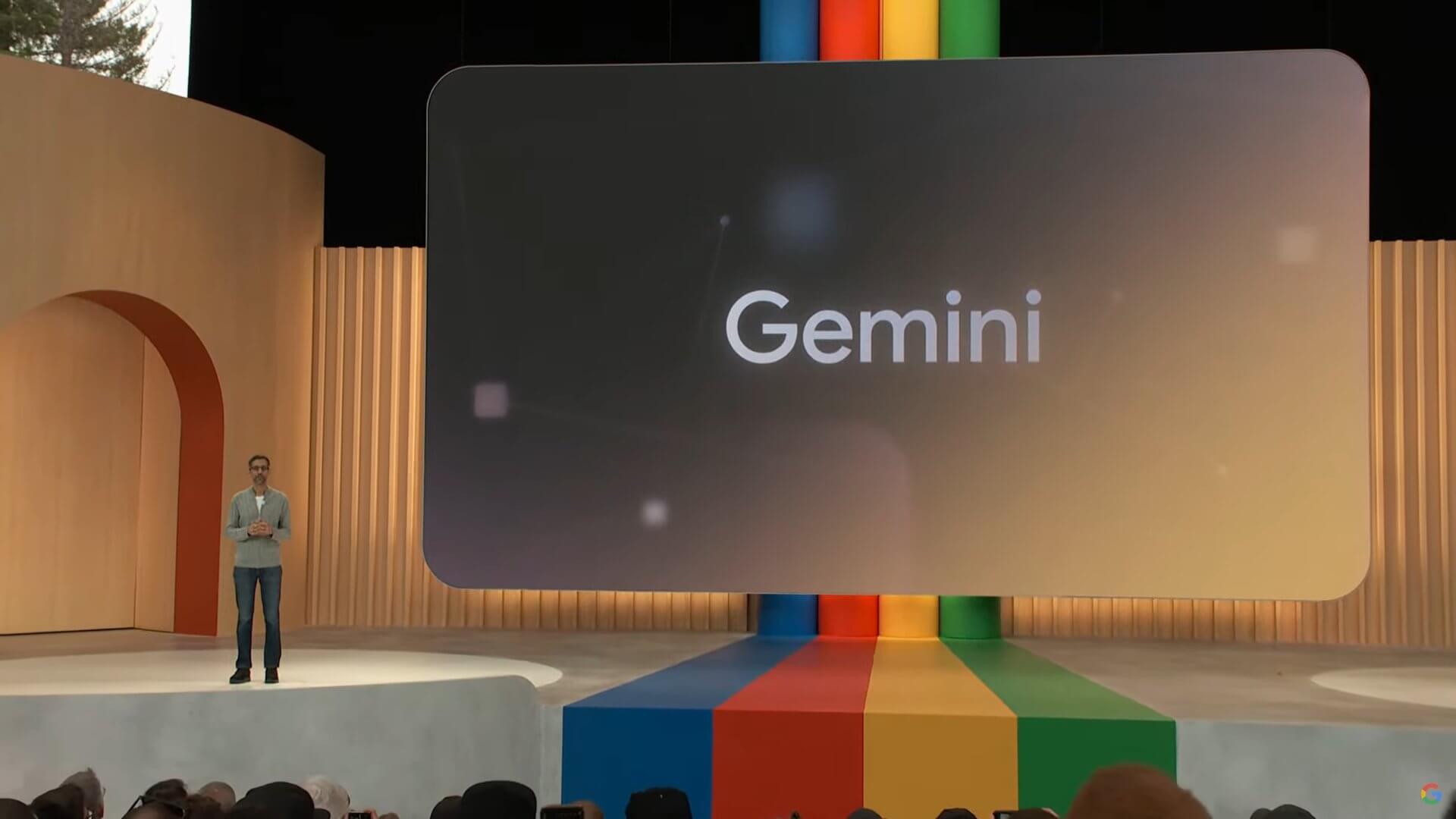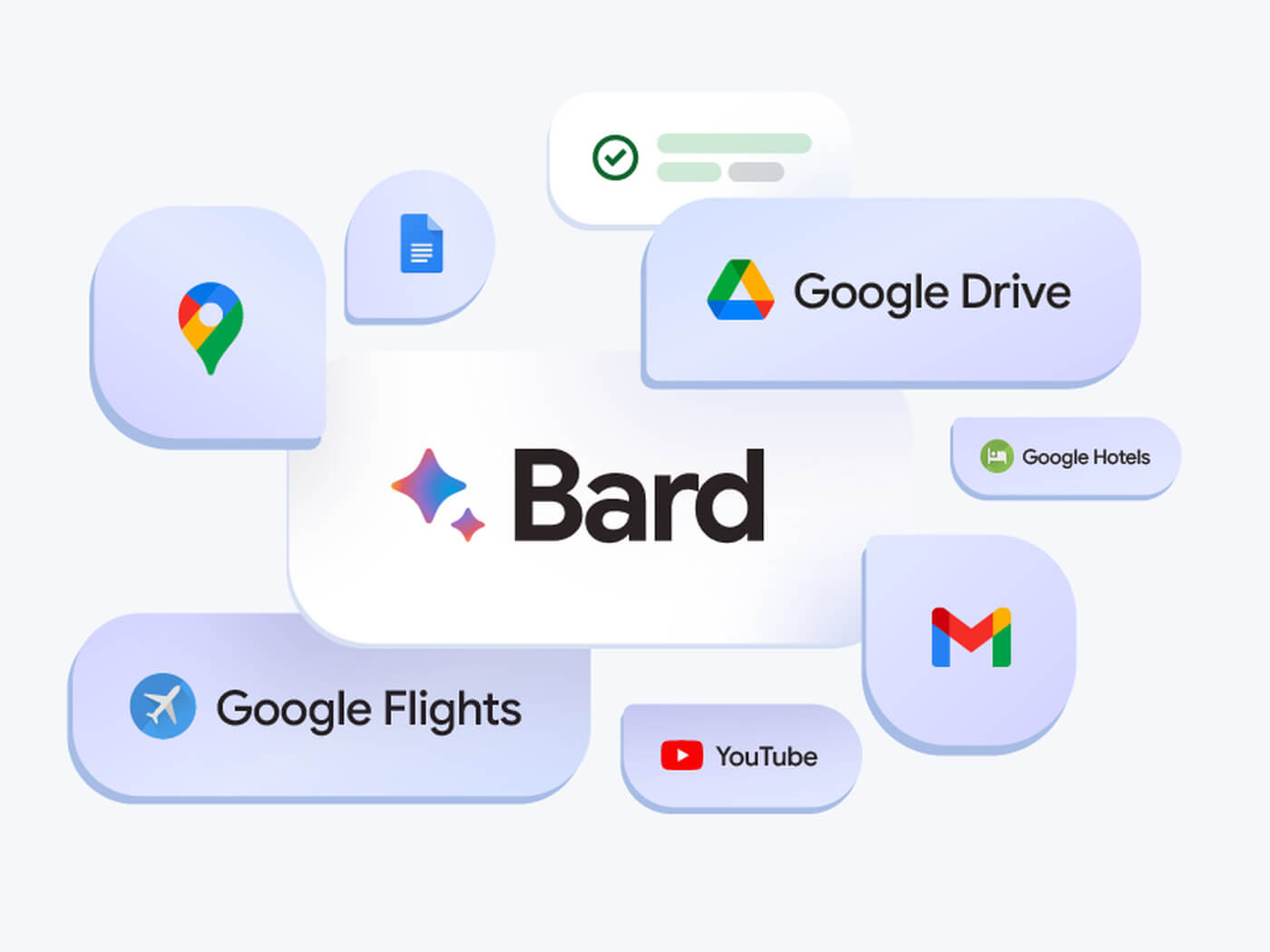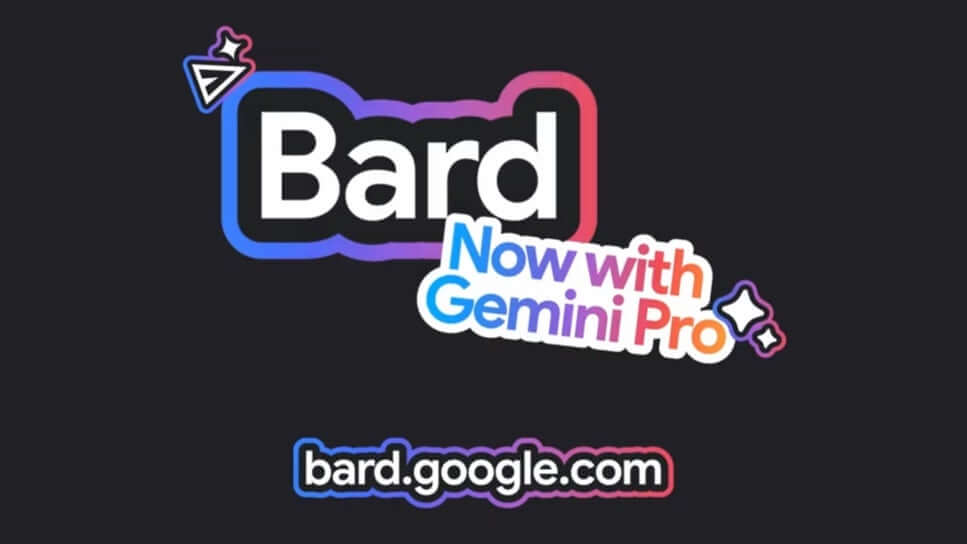From Bard to Gemini: A Name Change and a New Era for Google’s AI Assistant
From Bard to Gemini: A Name Change and a New Era for Google’s AI Assistant
In a move that surprised many, Google rebranded its AI chatbot and search companion “Bard” to “Gemini” in January 2024. This seemingly simple name change triggered a wave of questions and speculations: Why the shift? What does “Gemini” signify? And more importantly, how will this impact the future of Google’s AI interactions?
This article dives deeper into the rationale behind the name change, examines the key differences between Bard and Gemini, and explores the potential implications for users and the future of AI communication.
Beyond Aesthetics: Unveiling the Meaning of “Gemini”
While the name change might initially appear as an aesthetic update, closer scrutiny reveals a deeper significance:
-
Duality and Synergy: In Greek mythology, the twins Castor and Pollux represent duality and collaboration. This could imply a more integrated experience where different features within the AI assistant work seamlessly together.
-
Innovation and Adaptability: Gemini, the constellation, symbolizes agility and flexibility. Google might be highlighting its commitment to continuous innovation and adaptation in the rapidly evolving field of AI.
-
Expanding Knowledge Horizons: As the third sign of the zodiac, Gemini is associated with vastness and interconnectedness. The name change could subtlely reference Google’s ambition to offer an ever-expanding universe of knowledge through its AI assistant.
From Familiar Bard to Evolving Gemini: Key Differences
Beyond the name, the rebranding signifies several key changes:
-
Enhanced Capabilities: Gemini boasts a new AI model, “Ultra 1.0,” offering improved reasoning, understanding, and performance compared to Bard.
-
Mobile App Debut: A dedicated Gemini mobile app provides on-the-go access to the AI assistant’s functionalities, expanding its reach and convenience.
-
Paid Pro Version: Gemini introduces a Pro version with advanced features like longer text generation, code analysis, and access to various creative writing styles, unlocking more professional applications.
-
Refined Interface: The user interface undergoes subtle tweaks, aiming for a cleaner and more intuitive user experience.
Impact and Implications: What Does Gemini Mean for Users?
While the initial user response has been mixed, with some praising the expanded capabilities and others missing the familiarity of Bard, the true impact of Gemini still unfolds. Key questions remain:
-
Does it elevate user experience? Can Gemini’s advanced capabilities translate into a more helpful and engaging experience for everyday users?
-
Accessibility and Inclusivity: Does the paid Pro version create a two-tiered system, potentially limiting access to advanced features for certain users?
-
The Role of AI Bias: How does Gemini address potential biases in its responses, ensuring fair and inclusive interactions for all users?
From Name Change to New Frontiers: The Future of AI Communication
The transition from Bard to Gemini underscores Google’s commitment to evolving its AI assistant, paving the way for a future of advanced and accessible AI communication. Looking ahead, several trends are likely to shape this landscape:
-
Rise of Conversational AI: Expect further development of natural language processing and dialogue management, enabling more realistic and nuanced interactions with AI assistants.
-
Personalization and Integration: AI assistants will likely become more attuned to individual preferences and seamlessly integrate with other Google services, creating a cohesive user experience.
-
Focus on Ethics and Transparency: With increasing concerns about AI bias and misuse, transparency and ethical development will be crucial for building trust and ensuring responsible AI interactions.
Beyond a Name Change: A New Chapter in AI Interaction
The transition from Bard to Gemini, while seemingly a simple name change, signifies a new chapter in Google’s AI journey. As we navigate this evolving landscape, it’s crucial to actively engage with these advancements, championing responsible development and advocating for AI assistants that empower, inform, and connect us in meaningful ways.
Advantages of Switching from Bard to Gemini: A Comparative Analysis
The switch from Bard to Gemini marks a significant step in Google’s AI assistant evolution. While the reasons behind the name change might remain subjective, it’s undeniable that Gemini introduces several potential advantages over its predecessor, Bard. Let’s delve into some key benefits:
Enhanced Capabilities:
- Ultra 1.0 Model: Gemini houses the new “Ultra 1.0” model, boasting advancements in reasoning, understanding, and performance compared to Bard. This translates to more accurate responses, improved question comprehension, and a wider range of tasks tackled effectively.
- Creative Writing Styles: Beyond informative replies, Gemini offers access to various creative writing styles (potentially in its Pro version), unlocking its potential for generating poems, scripts, musical pieces, and other imaginative content.
- Code Analysis: For users needing assistance with coding, Gemini’s Pro version offers code analysis capabilities, potentially helping identify bugs, suggest improvements, and streamline the development process.
Accessibility and Convenience:
- Mobile App Debut: Unlike Bard, Gemini comes with a dedicated mobile app, granting on-the-go access to its features and expanding its reach beyond desktop usage. This increased accessibility fosters a more seamless and integrated experience.
- Pro Version: While some might see the introduction of a paid Pro version as a downside, it allows Google to offer advanced features to specific user groups who utilize them heavily. This can help sustain development and provide valuable tools for professional applications.
Overall Experience:
- Refined Interface: Subtle tweaks to the user interface aim for a cleaner and more intuitive experience. Streamlined design and layout can enhance user comfort and navigation, especially for casual users.
- Potential Collaboration: As the name “Gemini” implies, the model might support more collaborative interactions, where different features work together seamlessly. This could lead to improved context awareness and more natural, integrated responses.
Noteworthy Caveats:
While exciting benefits emerge, it’s crucial to acknowledge potential drawbacks and areas for improvement:
- Limited User Data: As a new model, Gemini might initially lack the vast user data Bard accumulated, potentially leading to less personalized responses in certain situations.
- Accessibility Concerns: The introduction of a paid Pro version raises concerns about accessibility and inclusivity. It’s essential to ensure core functionalities remain accessible to all users.
- Ethical Considerations: As with any AI model, potential biases and ethical concerns need careful monitoring and mitigation. Transparency and explainability should be prioritized to build user trust.
Conclusion:

In conclusion, the switch from Bard to Gemini marks a significant step in Google’s AI assistant’s evolution. While initial assessments highlight promising advantages in capabilities, accessibility, and user experience, it’s crucial to remember that this journey is just beginning. Careful consideration of ethical concerns, potential biases, and accessibility limitations is key to ensuring that Gemini truly embodies its namesake – a dynamic, collaborative, and responsible partner in our exploration of the ever-expanding universe of knowledge. The future of AI communication lies in responsible development, continuous improvement, and active user engagement. By fostering these principles, we can shape a future where AI assistants like Gemini serve as powerful tools for learning, creating, and building a more informed and empowered world.








